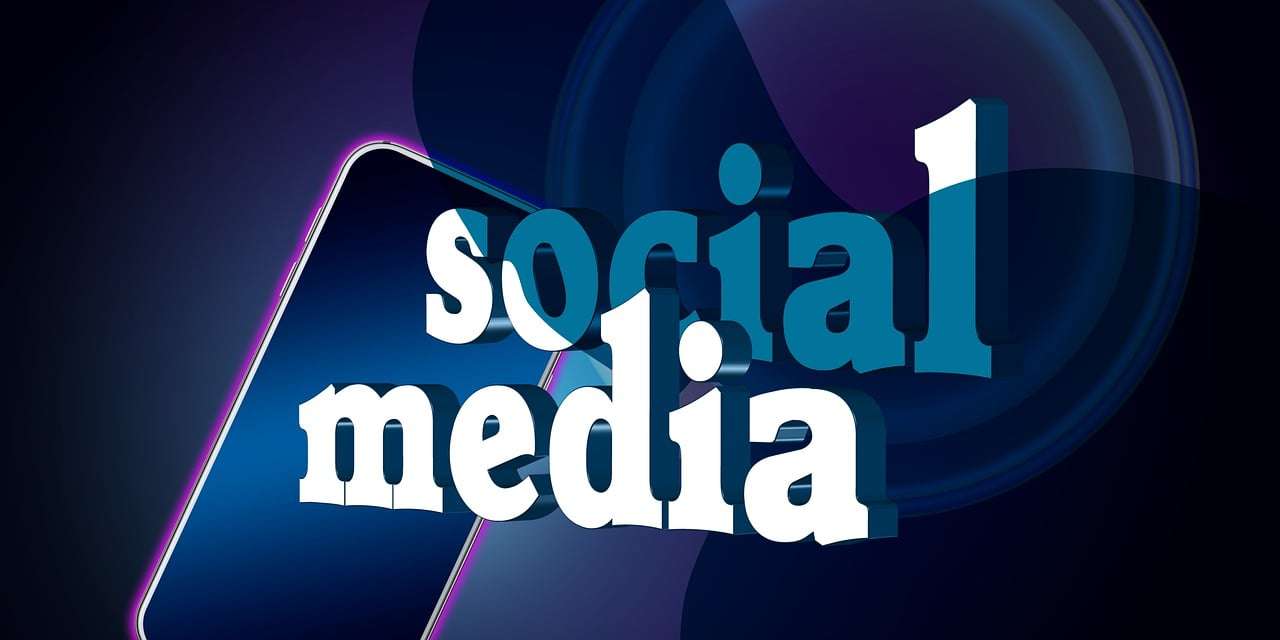Google marketing vs. Facebook Marketing, which is better.
Deciding between Google and Facebook marketing depends on various factors such as your target audience, advertising goals, budget, and the nature of your business. Here’s a breakdown to help you make an informed decision:
-
Audience Targeting:
- Google: Google Ads primarily target users based on search intent. Your ads appear when users search for specific keywords related to your products or services.
- Facebook: Facebook Ads allow for highly granular targeting based on demographics, interests, behaviors, and even connections. You can reach users who may not be actively searching for your products but fit your ideal customer profile.
-
Ad Format:
- Google: Google offers various ad formats including text ads, display ads, video ads, shopping ads, and app promotion ads.
- Facebook: Facebook offers a wide range of ad formats such as image ads, video ads, carousel ads, slideshow ads, and collection ads.
-
Intent:
- Google: Users on Google are often actively searching for products or solutions, indicating high purchase intent.
- Facebook: Users on Facebook are typically browsing for entertainment or social interaction, so the intent to purchase may be lower. However, Facebook excels in creating brand awareness and engagement.
-
Budget:
- Google: Cost-per-click (CPC) on Google Ads can be higher, especially for competitive keywords.
- Facebook: Facebook Ads often have lower CPCs, making them more budget-friendly for businesses with limited resources.
-
Conversion Tracking:
- Google: Google Ads provides robust conversion tracking, allowing you to measure the effectiveness of your campaigns based on various actions such as purchases, sign-ups, or app downloads.
- Facebook: Facebook also offers conversion tracking but may not be as precise as Google’s due to differences in user behavior.
-
Brand Awareness vs. Direct Response:
- Google: Google Ads are great for direct response advertising, driving immediate actions like purchases or inquiries.
- Facebook: Facebook is effective for building brand awareness and nurturing relationships with potential customers over time.
-
Mobile vs. Desktop:
- Google: Google Ads reach users across devices, including desktops, tablets, and mobile devices.
- Facebook: With the majority of users accessing Facebook on mobile devices, Facebook Ads are well-suited for mobile marketing strategies.
Ultimately, the best approach may involve using both platforms strategically to leverage their respective strengths and reach different segments of your target audience. Conducting A/B tests and analyzing metrics can help you determine which platform delivers the best ROI for your specific business objectives.
Converting visitors into sales by using Google and Facebook marketing.

